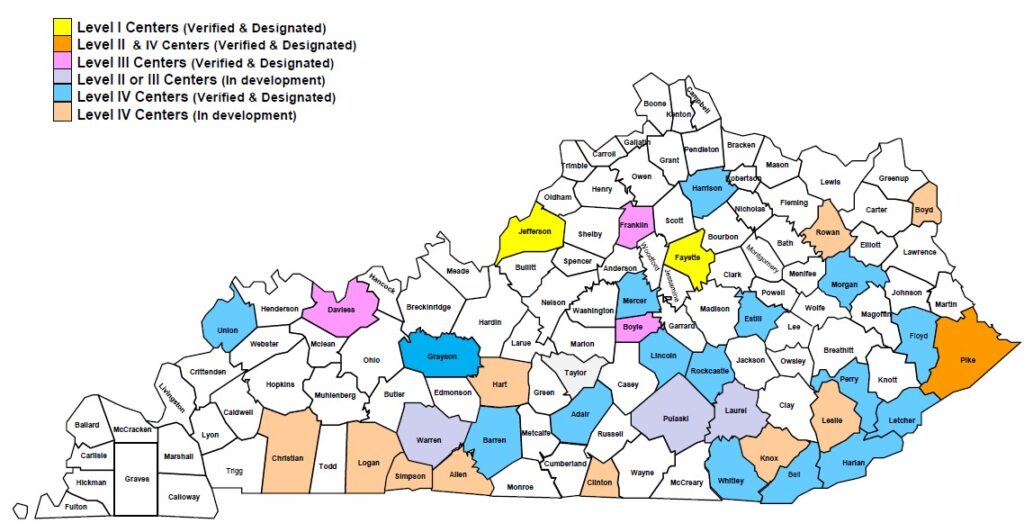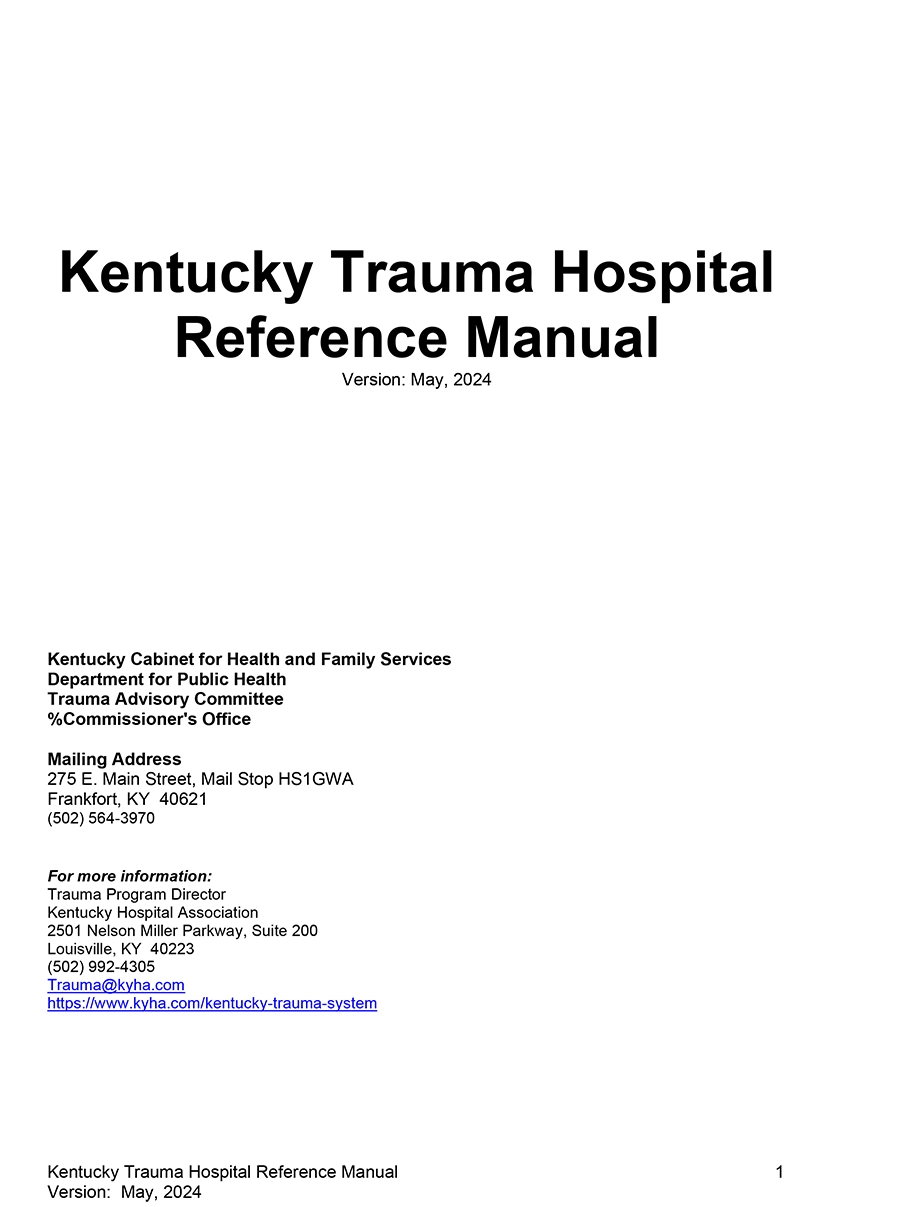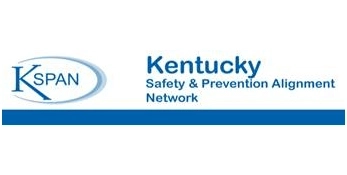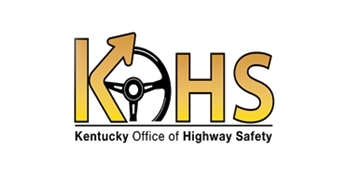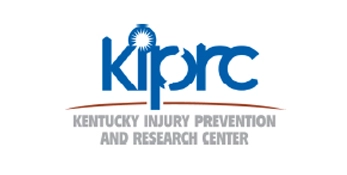Home Focus Areas Kentucky Trauma System
Kentucky Trauma System
 Trauma is the leading killer of those 45 or younger. Injury death rates in Kentucky are 1/3 higher than the U.S. average, making Kentucky the second deadliest state in the nation.
Trauma is the leading killer of those 45 or younger. Injury death rates in Kentucky are 1/3 higher than the U.S. average, making Kentucky the second deadliest state in the nation.
Trauma is the most costly disease, even more than cancer or cardiovascular disease. Rural trauma is more deadly than urban trauma (traffic injury mortality is inversely proportional to population density).
Hospitals in the Kentucky Trauma System
January 12, 2026
Download Map (PDF)
Contact List (PDF)
Trauma Resources
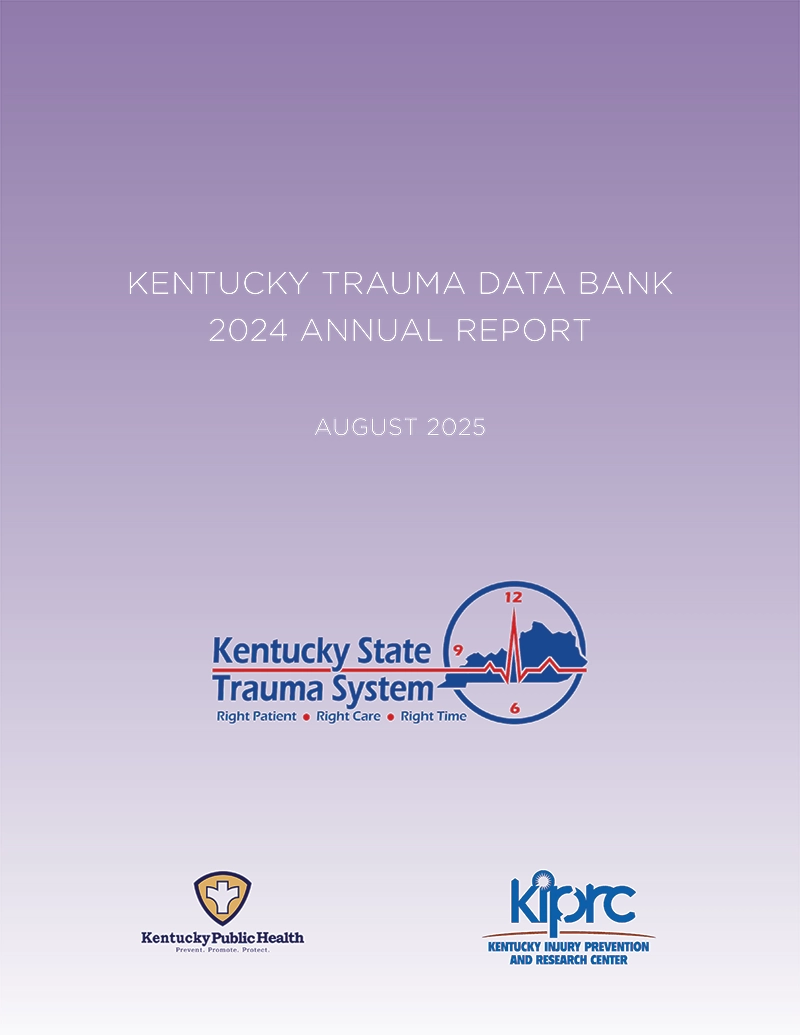
Kentucky Trauma Data Bank 2024 Annual Report
This report from the Kentucky Injury Prevention and Research Center (KIPRC) analyzes statewide trauma registry data, and provides a detailed profile of the traumatic injuries treated in state trauma facilities. (August 2025)
- Download the report
- For previous, and related, injury prevention information and research data, visit the KIPRC website.
- KIPRC Trauma website
Kentucky Trauma Hospital Reference Manual
This manual contains a description of the trauma center designation process as well as examples of sample policies and forms to help you develop your hospital’s trauma program.
- Reference Manual
- KYTAC1 – Level IV Application for Verification and Designation with PRQ
- KYTAC2 – Levels I, II and III Application for Designation
This resource from the American College of Surgeons offers the largest aggregation of U.S. trauma registry data ever assembled.
The American College of Surgeons Committee on Trauma has developed the 2022 edition of this guide, detailing the principles regarding resources, performance improvement patient safety processes, data collection, protocols, research, and education for a trauma center. The Verification, Review, and Consultation program evaluates the care, aligned to the standards and expected scope of practice at each institution.
REAP (Remove/Reduce Educate Adjust/Accommodate Pace) Concussion Manual
This manual offers guidance on how families, schools and medical professionals can implement a Community-Based Concussion Management Program.
Download
REAP Videos
- REAP Overview Recording
- REAP Family Team Recording
- REAP School Physical Team Recording
- REAP School Academic Team Recording
Brain Injury Alliance of Kentucky (BIAK) BIAK links survivors of brain injury and their families to support from others with similar experience; provides them with education and information about living and coping with brain injury; assists them in locating resources for financial assistance; and seeks to connect people with sources of emotional support.
BIAK links survivors of brain injury and their families to support from others with similar experience; provides them with education and information about living and coping with brain injury; assists them in locating resources for financial assistance; and seeks to connect people with sources of emotional support.
Traumatic Brain Injury Trust Fund
The TBI Trust Fund was established to provide flexible funding and support to those with brain injuries. The fund supports supplemental community-based efforts to meet the special needs of each individual with a brain injury.
- Visit Website (includes links to the REAP Manual and videos, eligibility, and related forms.)
- Brochure
Other Resources
What is CTE and Why Athletes Need to Know About It
CTE is a a brain disease caused by repeated head injuries that may include concussions. It mostly happens in athletes who play contact sports like football and ice hockey. Doctors first identified it under a different name in the 1920s in aging boxers. CTE results from cumulative damage and usually happens years later. Although there’s no cure, you or your child can take steps to avoid getting CTE. Even if your “bell has been rung” a few times, it doesn’t mean you’ll get the disease. But you should know what to watch out for.
Visit WebMd to learn about:
- Causes
- Symptoms
- Who’s at Risk?
- How to Play It Safer
Check the related Wikipedia reference to dive deeper into CTE, and learn a lot more.
 Stop the Bleed® is the result of a collaborative effort led by the American College of Surgeons Committee on Trauma (ACS COT) to bring knowledge of bleeding control to the public. The ACS COT, and specifically the EMS subcommittee with its many collaborative relationships, provided the perfect environment for this program to grow into the critical success that it is today.
Stop the Bleed® is the result of a collaborative effort led by the American College of Surgeons Committee on Trauma (ACS COT) to bring knowledge of bleeding control to the public. The ACS COT, and specifically the EMS subcommittee with its many collaborative relationships, provided the perfect environment for this program to grow into the critical success that it is today.
If you’d like to learn more about the origins of Stop the Bleed® , read the proceedings from the Hartford Consensus, a group of concerned trauma specialists who met following the 2012 Sandy Hook Elementary School mass shooting, to develop expert recommendations on how to improve survival for people with severe bleeding. It is called Strategies to Enhance Survival in Active Shooter and Intentional Mass Casualty Events: A Compendium.
Take a STOP THE BLEED Course
Through the Stop the Bleed® course you’ll gain the ability to recognize life-threatening bleeding and intervene effectively. Stop the Bleed®. Save a Life!
Check with a nearby Trauma Center or Emergency Department, or your local EMS organization, to see if they have program coming up.
Stop the Bleed® is a registered trademark of the U.S. Department of Defense, Defense Health Agency. All rights reserved. © DoD. The American College of Surgeons’ STOP THE BLEED® program is operated pursuant to a licensing agreement granted it by the Department of Defense.
- Prehospital Blood Transfusion Practice Guideline for EMS
- Removing the Barriers to Prehospital Blood
- Low-Titer O-Positive Whole Blood: Lessons From the Battlefield for Civilian Rural Hospitals (Critical Care Nurse)
Louisville Metro EMS Prehospital Whole Blood Initiative:100-day Snapshot
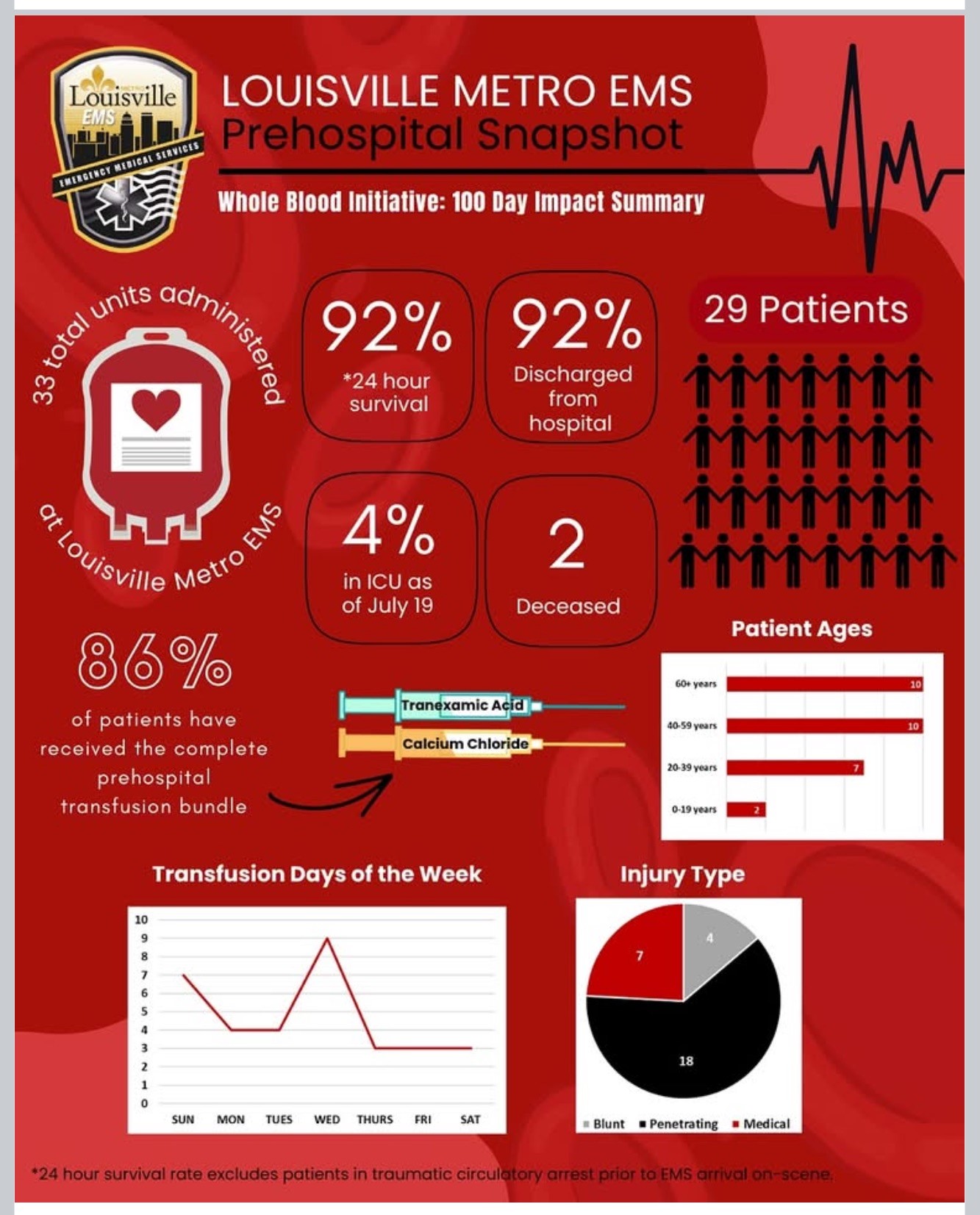
Kentucky Blue Band Project
The goal of the Kentucky Blue Band Project is to improve the process for recognition and treatment of severe hypertension (systolic BP ≥160 OR diastolic BP≥110) during pregnancy and the postpartum period. Patients that are at risk for severe hypertension will be asked to wear a blue silicon wristband to help with rapid identification. Severe hypertension in pregnancy and postpartum has been linked to maternal morbidity and mortality. Timely treatment of severe hypertension helps to reduce the risk of stroke and eclampsia in this population.- Download flyer
- WDRB report on the Kentucky Blue Band Project
- Kentucky Blue Band Project Facebook page
- Kentucky Maternal Morbidity and Mortality Task Force (creators of the program)
- UK Research article discussing the formation of the program
- National Pediatric Readiness Project
- Kentucky Board of Emergency Medical Services Pediatric Readiness Tool-Kit
- Kentucky EMS for Children
- Guidelines for Care of Children in the Emergency Department
 Safe Kids Kentucky is led by Kentucky Department of Health, which provides dedicated and caring staff, operation support and other resources to assist in achieving our common goal: keeping your kids safe. Based on the needs of the community, this coalition implements evidence-based programs, such as car-seat checkups, safety workshops and sports clinics, that help parents and caregivers prevent childhood injuries.
Safe Kids Kentucky is led by Kentucky Department of Health, which provides dedicated and caring staff, operation support and other resources to assist in achieving our common goal: keeping your kids safe. Based on the needs of the community, this coalition implements evidence-based programs, such as car-seat checkups, safety workshops and sports clinics, that help parents and caregivers prevent childhood injuries.
- Bike Helmet Safety & Fitting
- Bike Safety
- Medicine Safety
- SafeSleep Recommendations (Norton Children’s)
- SafeSleep Recommendations (UK KY Children’s Hospital)
In-State Coalitions
- Title 902 (As of February 2025)
Includes Kentucky Trauma System Designation Process, Trauma System Level IV Criteria, Trauma System Registry, Trauma System Appeals Process, and Trauma System Fees - Trauma Statutes
Trauma Advisory Committee
The Kentucky Trauma Advisory Committee meets on the third Tuesday of each month at 3:00 p.m. (ET). There is a FULL meeting on this day in the EVEN months; and a Leadership/ Steering Committee meeting on this day in the ODD months. Meetings are generally open, and typically held virtually on-line using the UofL Trauma Institute’s Zoom link below. There is normally a live, in-person, Kentucky Trauma Advisory Committee meeting held each year as part of the annual Trauma and Emergency Medicine Symposium.
Join a KyTAC Meeting via ZOOM:
https://uoflhealth.zoom.us/j/91963079643
Meeting ID: 919 6307 9643
Audio Only: (312) 626-6799
Upcoming Events
Kentucky Trauma System Partners
Questions?
Richard Bartlett
KHA/KHREF
Kentucky State Trauma Program Director
InfraGard Healthcare and Public Health Sector Chief
(502) 992-4305

